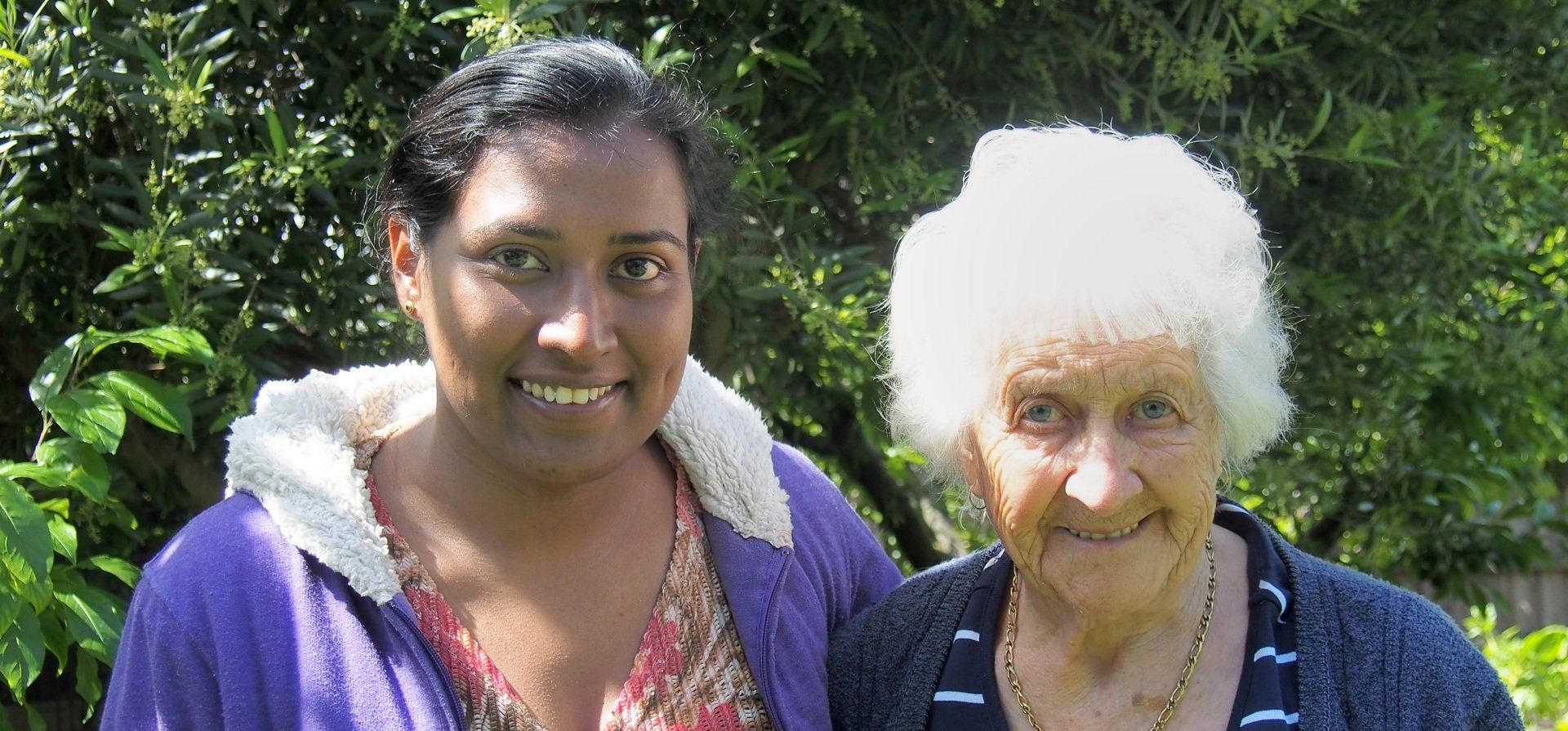
A PROVEN MODEL SUPPORTS THE ELDERLY TO REMAIN AT HOME
By Alexis Hughes - February 2021
Note: this piece was written by HANZA’s Alexis Hughes in February 2021, as the Royal Commission into Aged Care Quality and Safety was preparing its final report.
The final report of the Royal Commission into Aged Care Quality and Safety is due by the end of this month.
Counsel Assisting the Commission envisions a future in which support and care in the home will be the norm for older Australians through to the end of life.
HANZA (Homeshare Australia and New Zealand Alliance), the peak body for Homeshare programs in Australia, made two submissions to the Commission. After Homeshare was first raised with the RC, Commissioner Tracey described it as “a very useful tool to… avoid the need to go into residential care”. HANZA agrees and would like to see Homeshare considered as an option in the Commonwealth’s home support program.
This would ensure seniors, especially those living alone, could remain at home without fearing the need to downsize, move to a retirement home, find cheaper accommodation, or consider residential aged care.
That is why the Counsel’s emphasis on support in the home gladdens the hearts of those who are wedded to Homeshare programs, which arrange for elderly householders to share their home, time, skills, and experience with younger unrelated people.
Homeshare is an international movement that commenced in the USA in 1972 and has since spread to 13 countries in Europe and Asia. It has operated in Australia for over 20 years and currently involves six Homeshare providers covering parts of metro Sydney, Melbourne, Perth and the ACT. Older people who have a room to share are matched with younger people who can offer domestic help and companionship in exchange for reduced or free rent. While not intended to be a substitute for formal care, it can complement the provision of care services.
Older householders and their homesharers are matched by skilled professionals. The benefits are mutual and many. Householders get to remain in their own home, receive practical assistance with domestic tasks and benefit from the safety of an overnight presence. Homesharers get relatively cheap, conveniently located, stable accommodation.
During lockdown, one householder commented that she might have felt very lonely had she been entirely on her own, but now, with the possibility of more such periods coming up, she has no such worries. She goes on to say, “I’m able to stay in my own home for longer than might otherwise have been possible”.
After experiencing a health setback, another householder said she was too afraid to live alone. Homesharing was the answer.
HANZA can confirm that the program has enabled previously isolated householders to renew their connections and participation in the community. Matches can bridge generation gaps and create profound friendships, often lasting well beyond the end of the accommodation arrangement.
The program also supports the development of inclusive communities, helps provide affordable housing, reduces the use of aged care and health services, and promotes a positive attitude to ageing. It also helps with housing accessibility for young people and a cohort of older people, especially women, facing an impoverished retirement.
Families, assessment services and aged care providers can identify seniors who could benefit from a homesharing arrangement and refer them to a Homeshare provider. The costs of homesharing lie in the careful matching and monitoring service which is conducted by professionals such as social workers. Depending on circumstances, costs can be met by the program, the individual, families or Home Care Packages.
Homeshare is a viable model to help older people in the community remain in their own homes. We hope that the Royal Commission into Aged Care Quality and Safety and by extension, the federal government agrees.New Paragraph



